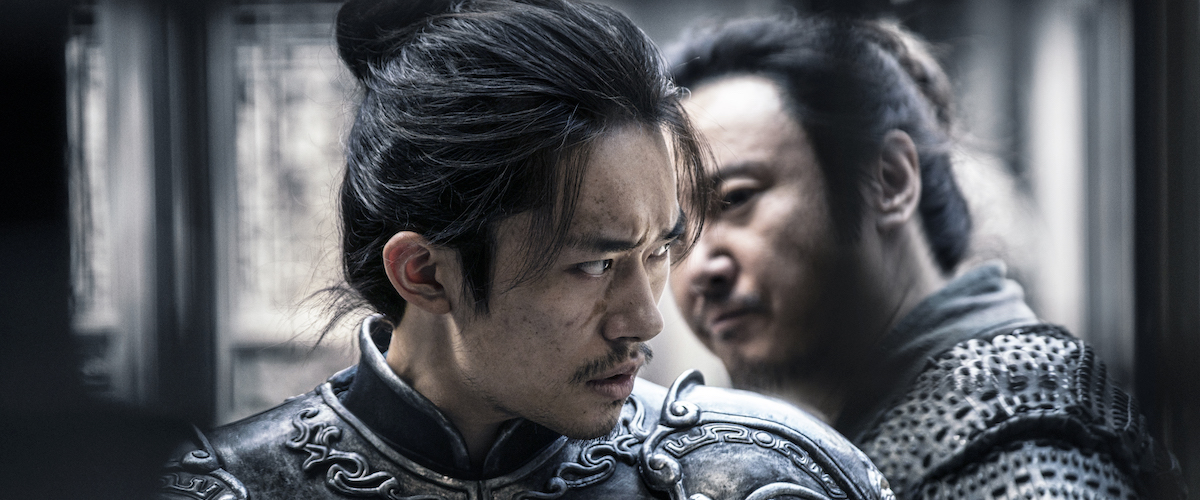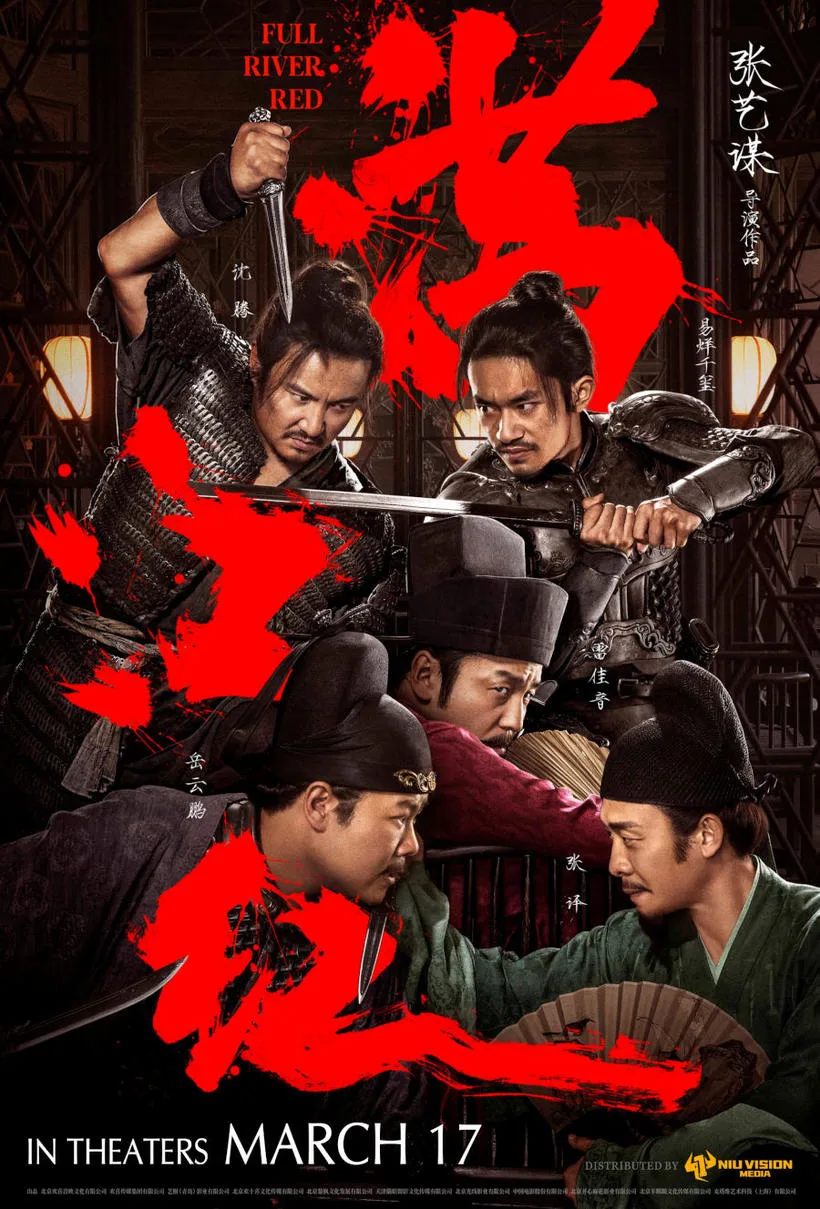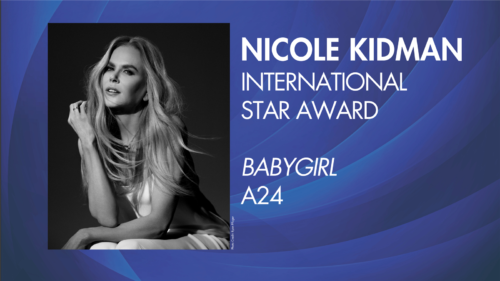If you focused only on the movie itself, you might not immediately see the dizzying Chinese spy comedy "Full River Red" as state-approved propaganda. There are some signs, both in and about the movie, especially since "Full River Red" was directed by Zhang Yimou ("Hero," "The Great Wall"), who recently directed his second Olympics ceremony in Beijing. (And, in 2014, was also fined somewhere between $615,000 and $1.2 million for violating China's One Child Policy, for which he publicly apologized.)
But the movie, the highest grosser among this year's Lunar New Year releases, is a knockabout comedy about a labyrinthine Song Dynasty (around the 13th century) conspiracy. A frequently rotated cast of guardsmen, courtiers, and informants accuse each other of killing a Jin region diplomat and stealing a message intended for Chancellor Qin Hui (Lei Jiayin), their sickly and paranoid leader. A sobering dramatic finale takes the movie in an unsettling direction, specifically towards commemorating the titular anthemic poem, which sings of "national shame," "lost land," and enemies lurking beyond the Helan Mountains (the Jurchen, from modern-day Inner Manchuria).
This saber-rattling finale casts a large shadow over the movie's preceding events, but it doesn't fundamentally change or really detract from the preceding black comedy, which tends to be broad, mordant, and bracing. It's worth remembering that in 2009, Zhang remade "Blood Simple," the Coen brothers' corrosive 1984 neo-noir feature debut, as a comedic noir pastiche called "A Woman, A Gun, and a Noodle Shop." "Full River Red" is relatively straightforward for a while but also often unpredictable and exhausting.
An on-screen text introduces Qin as a traitor since he previously executed the "highly respected" General Yue Fei. Yue's murder isn't the main concern of "Full River Red," nor is the character of his assassin Qin, though his anxious influence permeates the movie.
After a visiting Jin diplomat is found stabbed to death, Qin tasks his men with rounding up a group of suspects, from whom he chooses an ignoble patsy. Corporal Zhang Da (Shen Teng) literally draws a short straw, which unfortunately brings him to Qin's attention. Zhang Da quickly contrives an involved scheme to hide a confidential letter. Qin presents Zhang Da with a lose-lose offer: take two hours to retrieve the letter or be executed. Zhang Da will almost certainly be executed in either case, and he knows it. He implicates several others during his investigation, from Qin Hui's advisers to a low-ranking horseman named Liu Xi (Yu Ailei)
Everyone that Zhang Da meets has ulterior plans and motives, even the mulish but sympathetic deputy guardsman commander Sun Jun (Jackson Yee). They go through the procedural-style motions anyway, first interrogating, then turning on each other in snappy, screwball-fast dialogue. Eventually, it becomes clear that the conspiracy that Zhang Da seemed to make up from whole cloth has either just enough truth or was essentially willed into existence during his involved search.
"Full River Red" stops and starts with a high-strung, peripatetic rhythm; volleys of dynamic, off-kilter dialogue are wedged between sudden deaths, exchanged back and forth by impotent bullies and sweaty flunkies. A robust cast of supporting characters habitually point fingers and then invariably turn the tables on each other, which can also be disorienting. Still, a few snappy comedy routines and a perpetually escalating mystery plot ensure that Zhang's latest never slows down nor retraces its steps long enough to feel monotonous. Characters dance around the limits of their autonomy and influence as everybody around them dies and/or gets fingered.
Dream-like drone camerawork and surreal image-compositing also give interstitial scenes a dramatic cohesion, over-scored as they are with a musical chorus that combines hip-hop vocals with Peking opera-style instrumentation. Sadly, the lyrics were not translated into English in the version of the movie that I watched for review. But the effect of Han Hong's score was still clearly jarring, like when the upbeat singer-narrator concludes a short verse right before Zhang cuts to a pair of soldiers as they untangle a dangling body from the ceiling's crossbeams. The corridors of power are narrow and spider-vein-thin in "Full River Red" but still well-traveled and precisely navigated by Zhang and his well-synchronized collaborators.
Still, it's hard to ignore the arch dramatic thrust and provocative signaling of the movie's rousing climax. It's up to viewers to decide if "Full River Red" is more pandering than conflicted in its endorsement of nationalistic slogans, as some critics already have. (Good context can be found at The Economist). Zhang's affinity for loopy, Coen brothers-esque gallows humor will also probably alienate some viewers well before the title poem can be recited. Both style and substance are still deliberate and ruthlessly effective. People are vulnerable, but nations are strong; "Full River Red" supplies more proof.
Now playing in theaters.




















